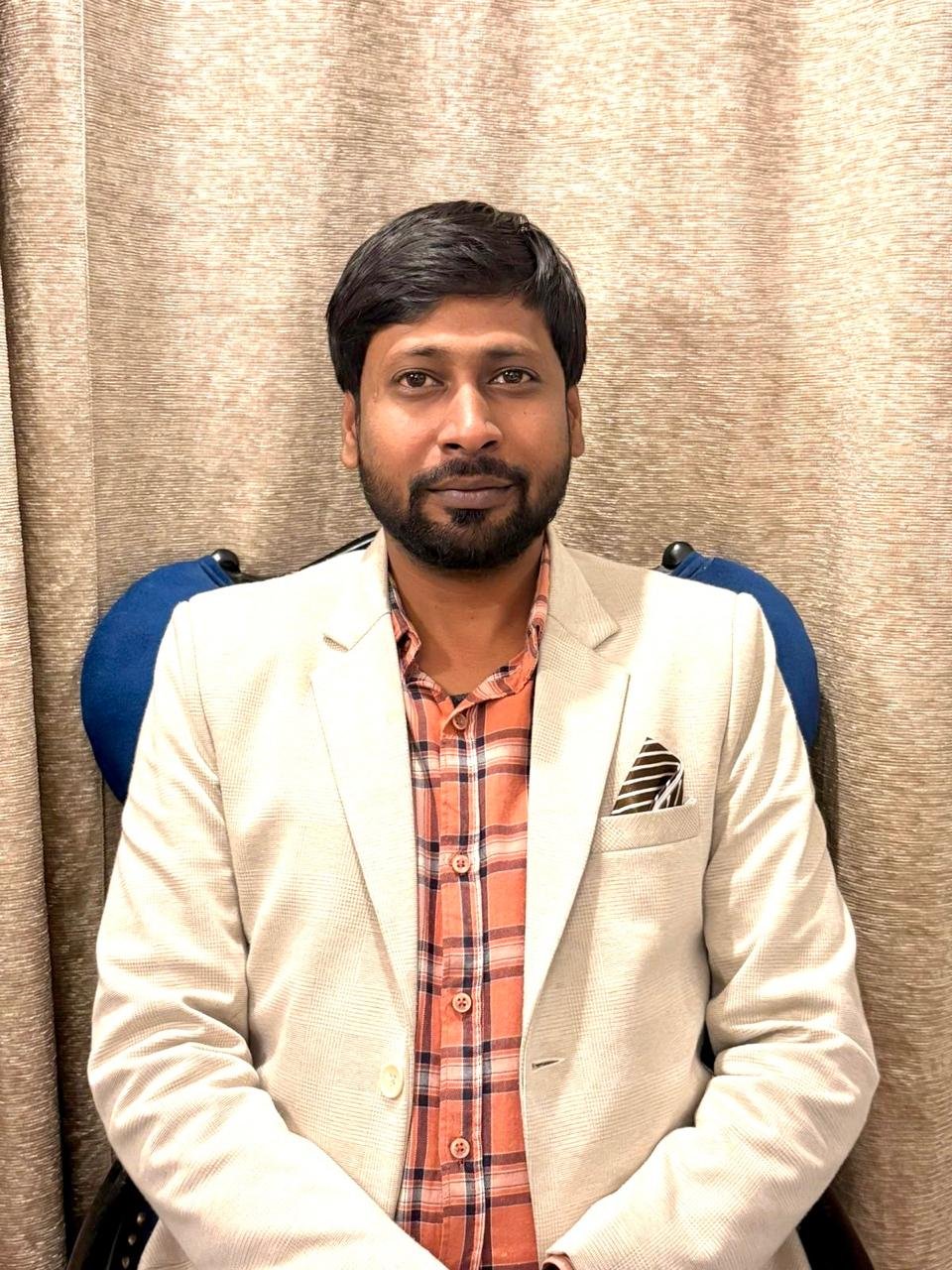Everyone has had lower back pain at some point in their lives. But the good news is that the pain typically improves after a bit of rest. However, this does not imply that you should ignore or avoid experiencing the pain again.
Back pain is a symptom rather than a disease. It is your body’s way of notifying you that your posture is incorrect and that you need to make some ergonomic adjustments. Regarding your own space, it means making some healthy lifestyle choices to alleviate that nagging pain.
Avoiding the pain
If back pain has become a regular occurrence in your life, make the following modifications immediately:
- To keep your back muscles healthy and flexible, lead an active lifestyle and set aside a few hours per week for regular exercise.
- Quit smoking.
- Ensure you get enough sleep.
- Avoid lengthy periods of sitting.
- Eat attentively and stay within your weight range.
- Maintain the ideal posture.
- Avoid bending and lifting simultaneously.
- Avoid wearing high heels daily.
- Try sleeping on your back.
- When you’re sleeping, avoid using your pillow.
- Strengthen your pelvic floor—Pilates is an excellent workout routine that targets many of the pelvis’s underutilised muscles.
- Practice meditation and reduce stress to benefit your entire body. Learn more about various relaxation strategies for stress reduction.
- Eat healthily.
Treating Back Pain
Your doctor will most likely prescribe medications or a specific bone or muscle lubricant to relieve the pain.
Other types of treatments include:
Massage Therapy
Massage therapists employ a variety of pressures and techniques to release and cure painful muscles. This therapy is most effective for treating chronic pain, stress, and circulation difficulties.
Chiropractic Care
This therapy focuses on problems with joints and surrounding tissues. It employs a variety of hands-on approaches to ease patients’ pain, making it an excellent way to deal with ordinary wear and tear.
Use Food as Medicine
“Inflammation is the root cause of many types of chronic pain,” states Doctor. Eating lots of sugars, refined carbs like flour, and processed foods increases inflammation and pain.
Step away from the conventional Indian diet, which is abundant in calories but deficient in micronutrients. Instead, embrace a vitamin, mineral, and phytonutrient-rich diet. Here are a few recommendations:
- Eat your colours. Different colours signify various nutrients. Make vegetables the main component of your meals. The FDA recommends eight to nine portions per day.
- Consume modest quantities of protein. Avoid red meat and instead go for fish or skinless chicken. Even better, consider eating more plant-based proteins, such as soy.
- Simple carbs such as sugar and bread are particularly harmful. Avoid cakes, pies, sweets, and other carbohydrates like spaghetti and bread.
- Cut back on dairy goods, including eggs, cheese, and milk-based products.
- Consume healthy fats. Wild salmon and other tiny wild fish, olive oil, nuts, seeds, and avocado are all high in healthful fats.
Manage stress in your life.
Pain causes the production of stress hormones, which cause muscles to tense up. You cannot prevent stress, but learn how to manage it. Cognitive behavioural therapy and meditation are effective methods. Skilled therapists can help you shift your perception of stress. Meditation can lower anxiety, improve attention, and alleviate pain.
Don’t shortchange your sleep.
“Sleep is essential — it helps your body heal,” explains doctor. Lack of sleep releases more stress hormones, lowers pain tolerance and worsens existing pain.
Sleep deprivation can exacerbate other health problems, making it more challenging to maintain glucose levels in diabetics, for example.
So, practise proper sleep hygiene. For one hour before bedtime, avoid blue light from smartphones and televisions. Go to bed at about the same time every evening and get up at about the same time every morning to keep your internal clock regular.
Meditation is also an effective method for getting a good night’s sleep. Numerous meditation applications are available. It recommends starting with five to ten minutes of meditation before bedtime. You can progressively raise it to 20 or 30 minutes each night if you like.
Melatonin supplements also help you sleep better at night.
Make physical activity a habit.
Physical activity is essential to good health, but also a way to reduce pain. Exercise, even while you’re in pain, is essential for rehabilitation. Begin with an activity you enjoy and gradually work up to a more active lifestyle.
If you cannot move freely, consider chair yoga, walking, biking, or swimming.
Try acupuncture for help.
Acupuncture can help you resume activities curtailed due to back pain. Acupuncture has been utilised for hundreds of years in China for anything from pain relief to stroke rehabilitation, and it is currently employed in India and other Asian countries to treat several chronic pain conditions.
When is the best time to see a doctor?
If you suffer persistent back pain, it is usually time to see a doctor, ideally a back specialist.
See a doctor right away if the following circumstances exist:
- Unbearable anguish.
- Numbness or weakness in your leg
- Difficulty managing urine or stools
Visit Gold Medal Physiotherapy to connect to one of the best Physiotherapists in Gurgaon. The best part about Gold Medal Physiotherapy is that they charge only 500-600 per session.









